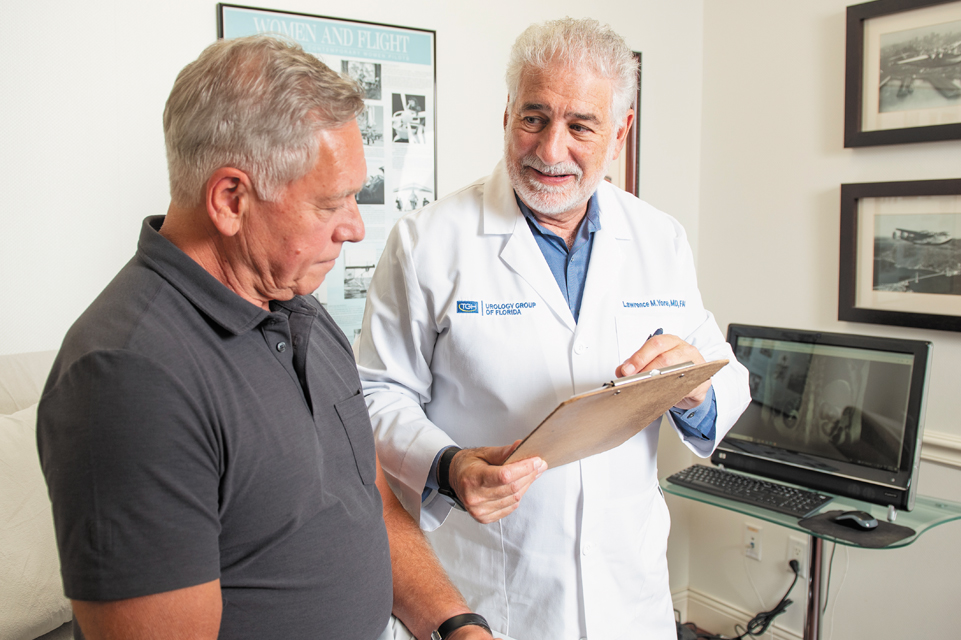Former President’s Aggressive Prostate Cancer Diagnosis Spurs Debate to Improve Screening Guidelines

In May 2025, 82-year-old former President Joseph Biden was diagnosed with a late-stage, aggressive form of prostate cancer that had spread to his bones. His case sparked discussion within the medical community about the need to improve current testing guidelines for the disease by considering not just age, but also overall health, symptoms, PSA trends, and patient preferences.
In 2008, the U.S. Preventive Services Task Force (USPSTF), an independent, volunteer group of national experts in primary care and evidence-based medicine, recommended against PSA screening for men over the age of 75. In their report, USPSTF noted that the harms of screening, including the discomfort of a prostate biopsy, and the psychological harm of false-positive test results, outweighed the benefits.
“Biden’s doctors followed current standard testing guidelines which recommend discontinuing routine screenings for men over 75,” said Dr. Lawrence Yore, a board-certified urologist and president of TGH Urology Group of Florida. “Unfortunately, this policy has resulted in an increased incidence of metastatic prostate cancer – a roughly five to seven percent increase over the last ten years.”
Considering Biden’s diagnosis, Yore said that he takes an individualized approach when it comes to screenings. “I look at the patient’s overall health and feel that if they have a good chance of living an additional ten years in good health, then I would screen with a yearly PSA test and digital rectal exam,” Yore said.
Prostate Cancer in the United States
According to the American Cancer Society, the 2025 estimates for prostate cancer in the United States are:
- 313,780 new cases of prostate cancer
- 35,770 deaths from prostate cancer
Aside from skin cancer, prostate cancer is the most common cancer in men in the U.S. and is the second leading cause of cancer death in American men, behind only lung cancer. About 1 in 8 men will be diagnosed with prostate cancer in their lifetime, and 1 in 44 men will die of prostate cancer.
When to Get Screened for Prostate Cancer
The American Cancer Society recommends that men research the possible benefits and risks of prostate cancer screenings, then speak with their health care provider. The following is a guide as to when screenings should typically take place:
- Age 50 for men at average risk of prostate cancer and expected to live at least 10 more years.
- Age 45 for men at high risk of developing prostate cancer. This includes African American men and men who have a first-degree relative (father or brother) diagnosed with prostate cancer at an early age (younger than age 65).
- Age 40 for men at even higher risk (those with more than one first-degree relative who had prostate cancer at an early age).
“Family history is important since there can be a genetic component associated with the development of prostate cancer,” said Yore. “In addition, African Americans have a higher incidence of prostate cancer.”
TGH Urology Group of Florida Offers Screenings and More
Serving Palm Beach and Martin counties with high-quality urologic care since 2011, TGH Urology Group of Florida’s board-certified physicians boast decades of experience and consistently implement the latest breakthrough procedures.
“We rely on the most innovative and advanced diagnostic tools and procedures available to diagnose and treat prostate cancer,” said Yore.
For more information, visit about TGH Urology Group of Florida.
